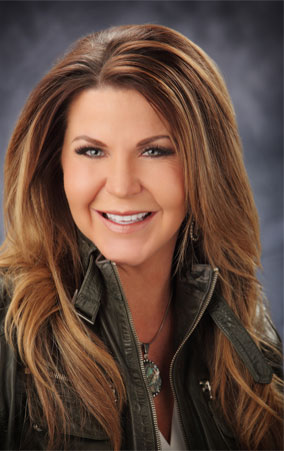CHRISTIE WILSON
Cell: 801.891.4938
christie@mtnvalleyrealestate.com

Utah Ranked No. 1 for
Expected Economic Recovery
by PR or News Wire
28 May 2009--In the midst of economic turmoil, federal bailouts, and budget
deficits in more than 40 states, a new report from the American Legislative Exchange
Council (ALEC) offers a roadmap to recovery based on economic performance trends from states over the last 10 years. The second edition of Rich States, Poor States:ALEC-Laffer State Economic Competitiveness Index shows how the federal bailout of the states may simply encourage out-of-control spending by states, which is up 124 percent over the last 10 years, without requiring them to make the tough decisions needed to bring about financial stability.
Too many states were too eager to add programs and increase spending during the good times, but we now face very difficult choices, said Indiana Senator Jim Buck, chairman of ALECs Tax and Fiscal Policy Task Force. While we need to make tough choices to live within our means, we also need to remain focused on policies that foster economic development and job growth as the best solution to our budget woes.â
Co-author and renowned economist Dr. Arthur B. Laffer summarized the report's finding when he said, States cannot tax their way into prosperity. Rich States, Poor States presents rankings of the 50 states based on the relationship between policies and performance, revealing which states are best positioned to make a recovery, and which are not.
Laffer and his co-authors, Stephen Moore, senior economics writer at The Wall Street Journal, and Jonathan Williams, director of the Tax and Fiscal Policy Task Force for ALEC, analyze how economic competitiveness drives income, population and job growth in the states. They found that, states with a high and rising tax burden are more likely to suffer through economic decline, while those with lower and falling tax burdens are more likely to enjoy robust economic growth.
According to Williams, The top performing states keep taxes, spending, and regulatory burdens low, while the biggest losers in the book tend to share similar policies of high tax rates, unsustainable spending and regulation.
New York earns the dubious distinction of having the worst economic outlook of any state, according to the report. The New York governor just might have broken the record for the number of bad ideas he put forward during a recent 17-minute budget address most notably his 137 proposed tax increases come to mind.
As legislators, we know that we are in direct competition with other states for human and investment capital, said Utah Revenue and Taxation Committee Chairman, Senator Wayne Niederhauser. Rich States, Poor States has provided invaluable information to strengthen our efforts to reduce tax burdens in Utah and we are happy to again be ranked as the most competitive state in the nation.
.png)

